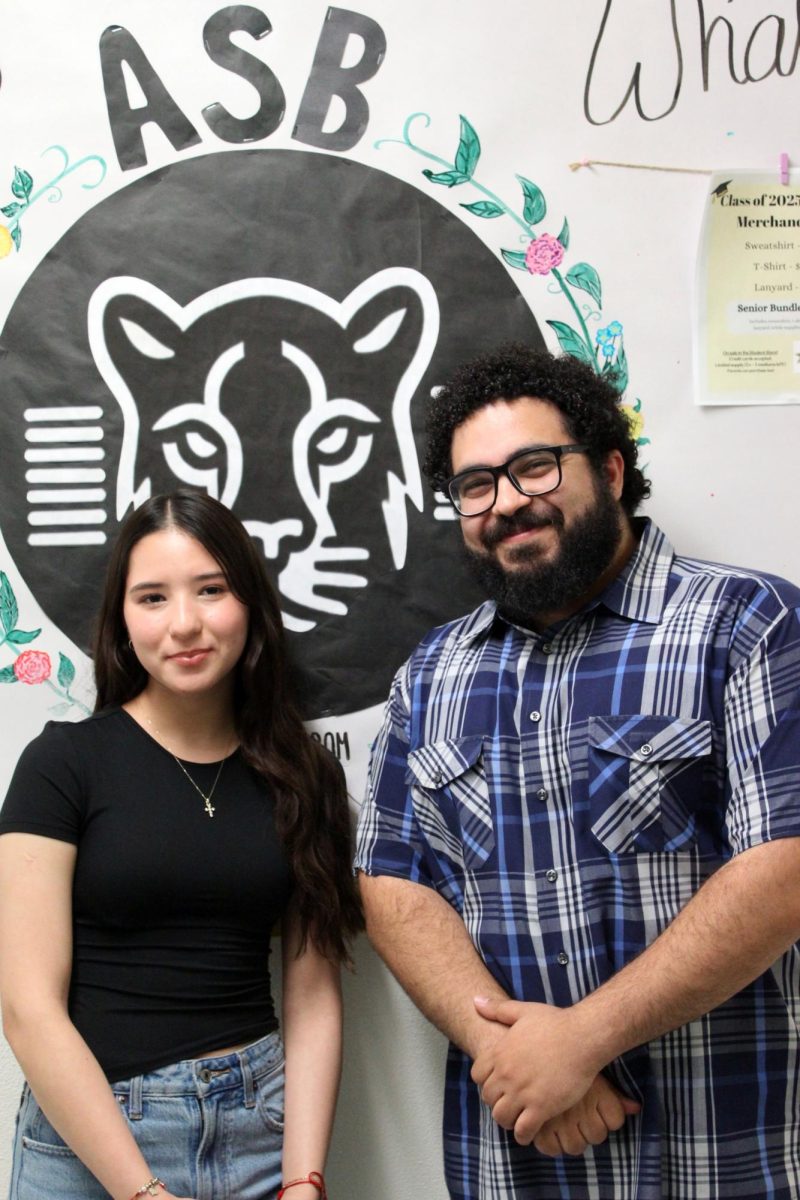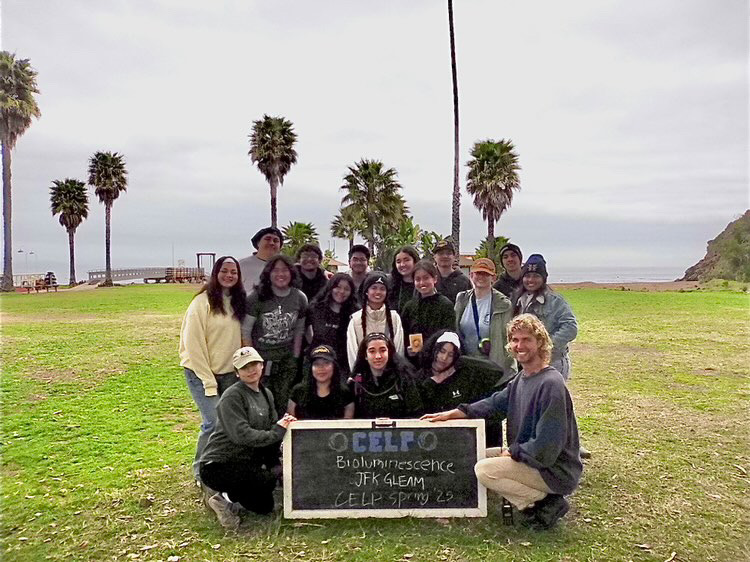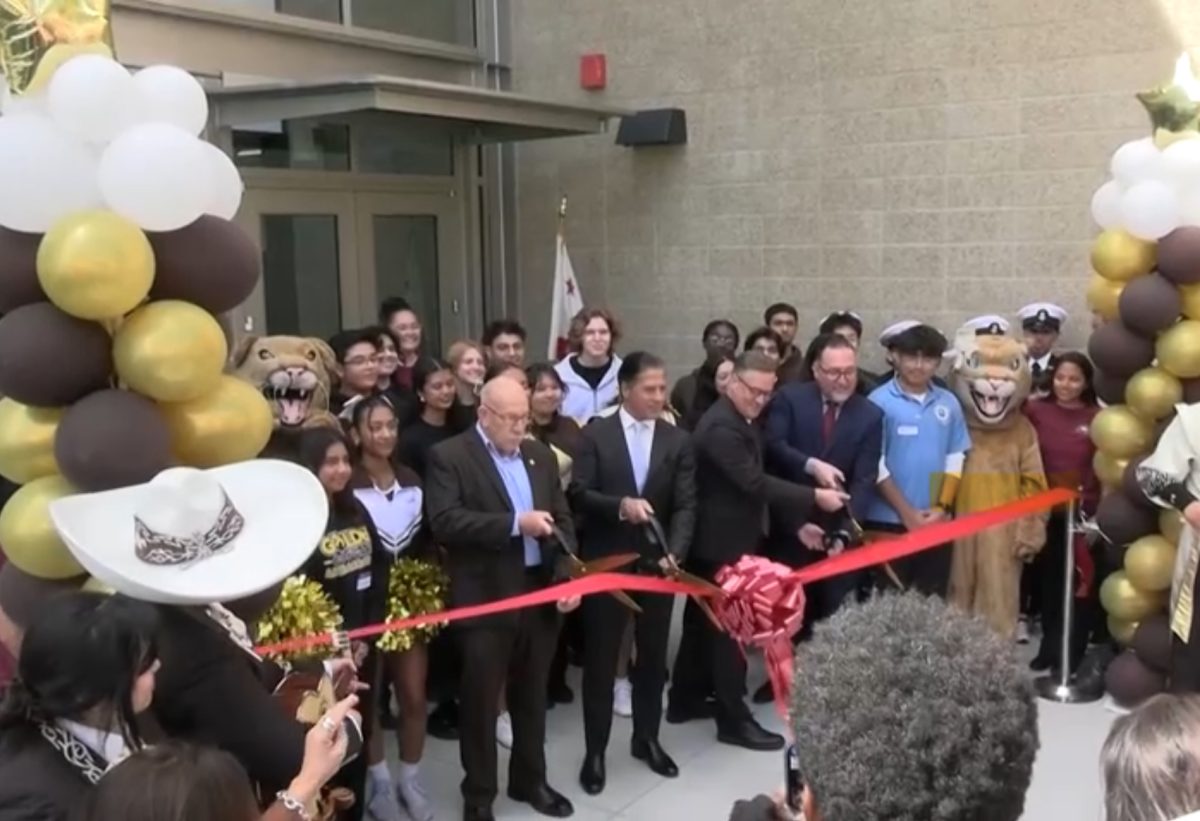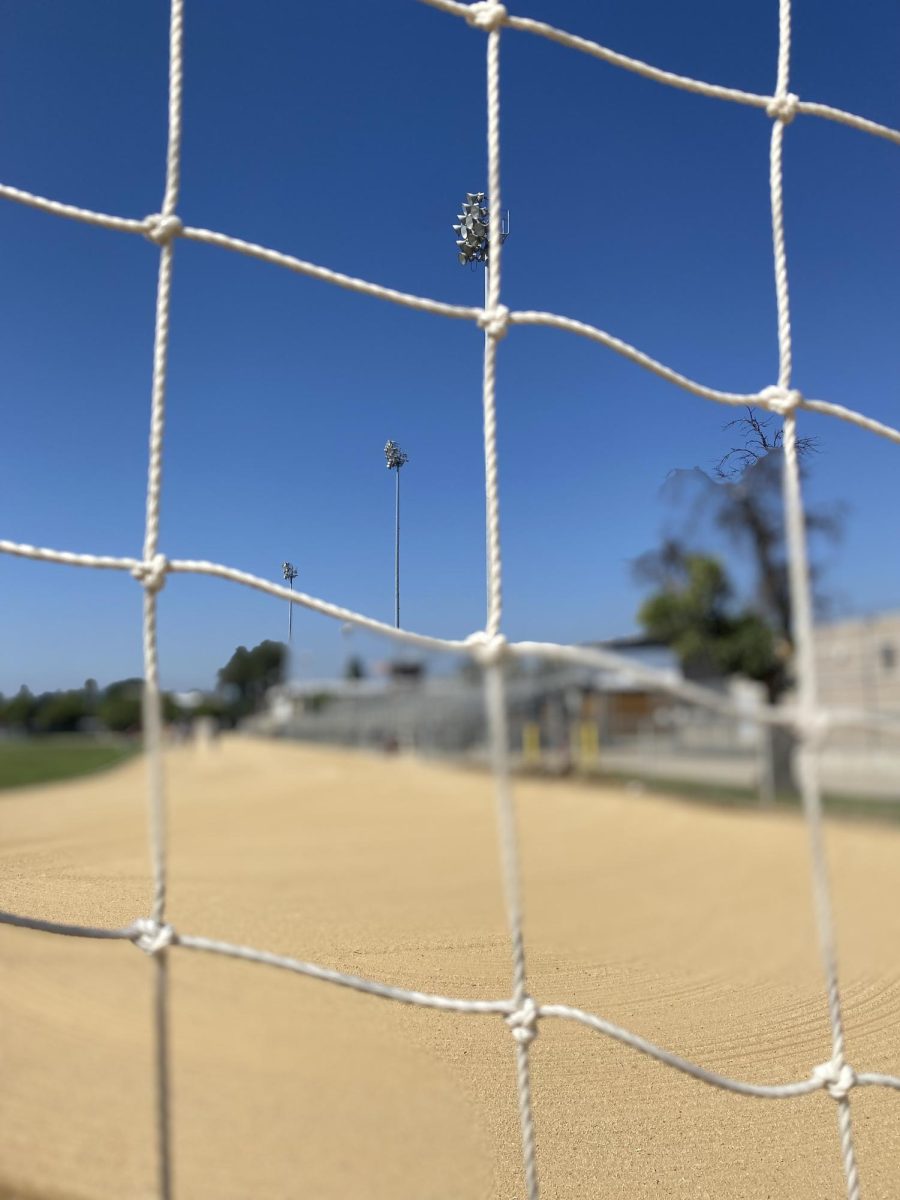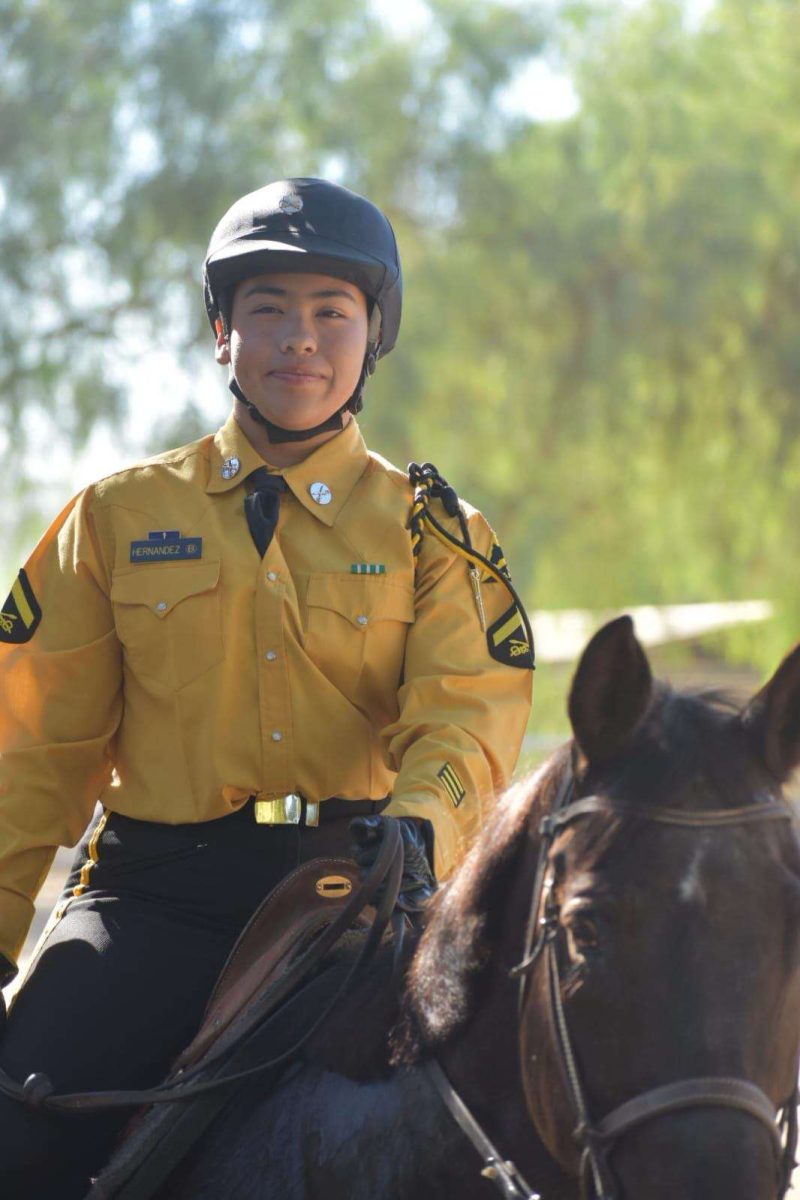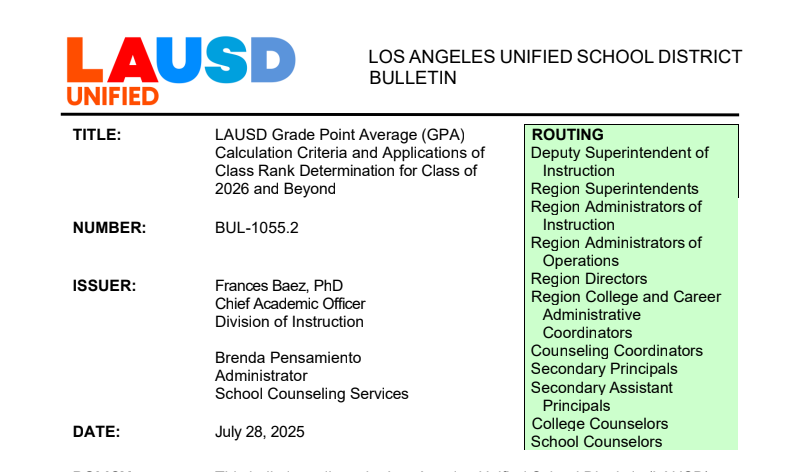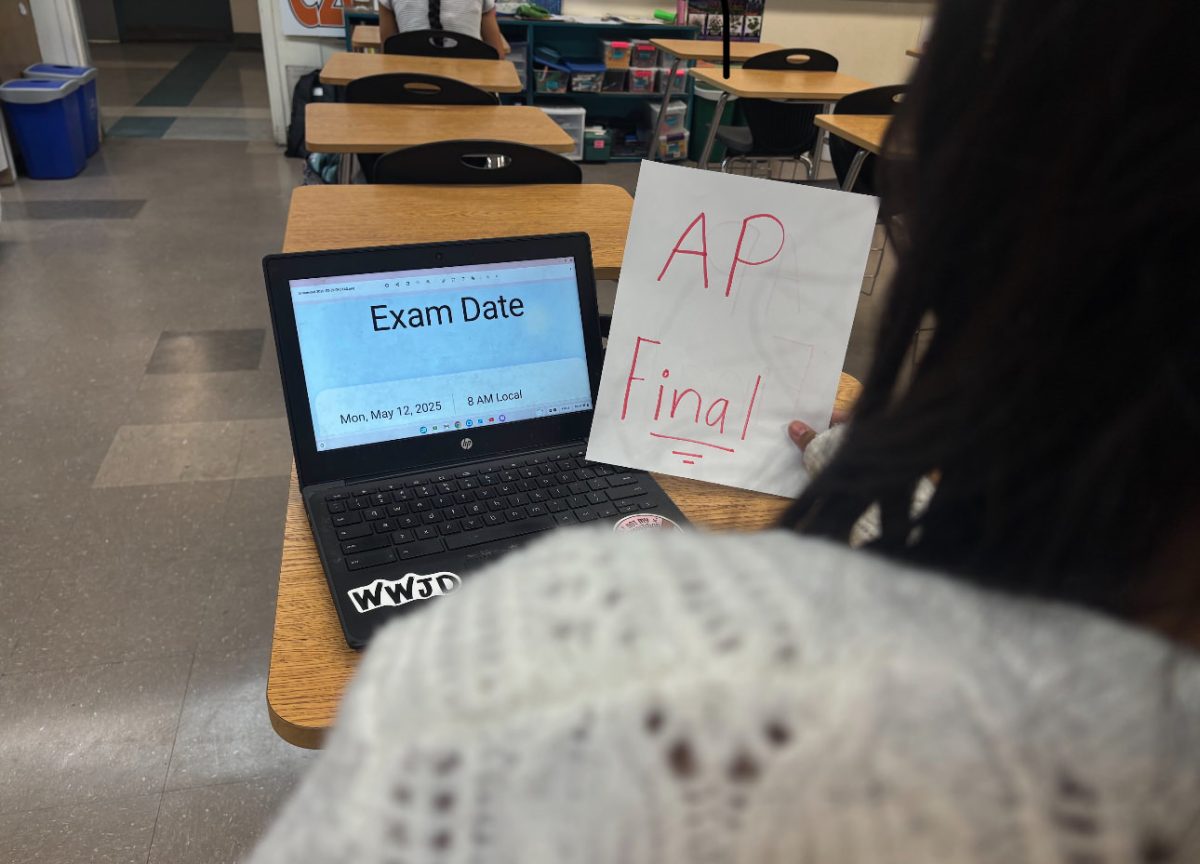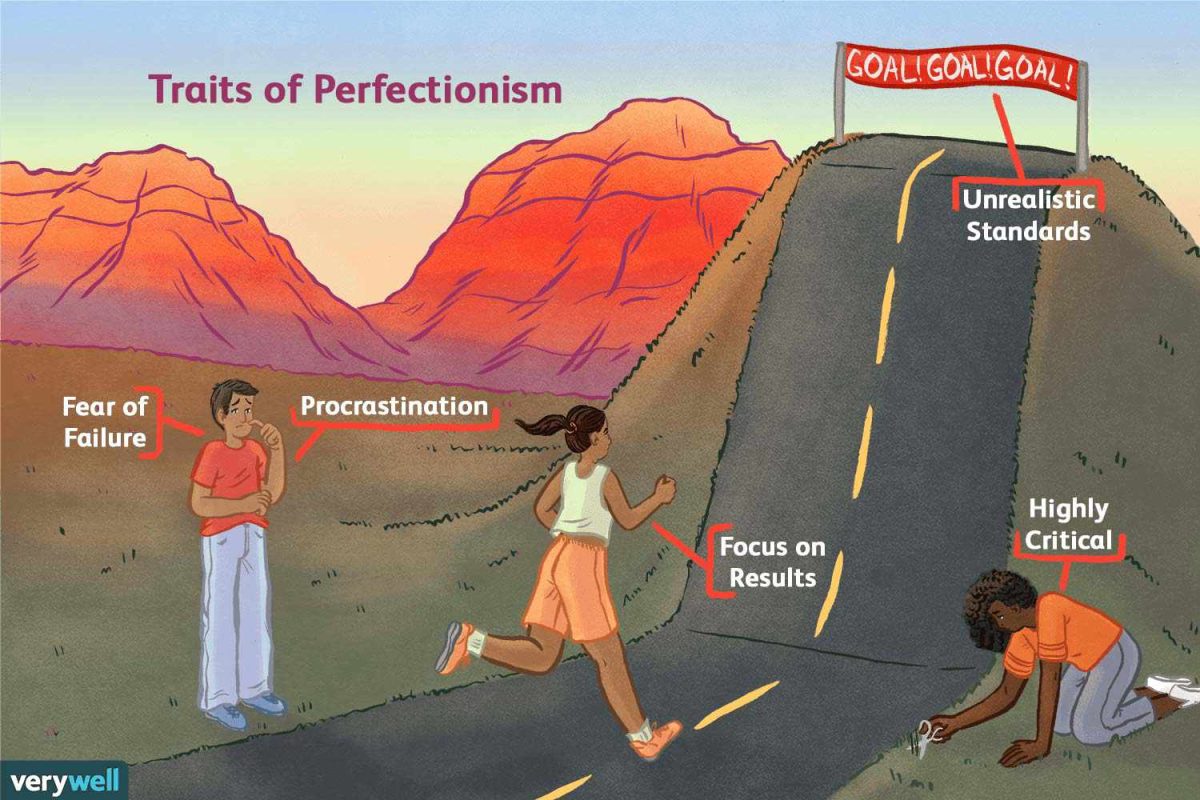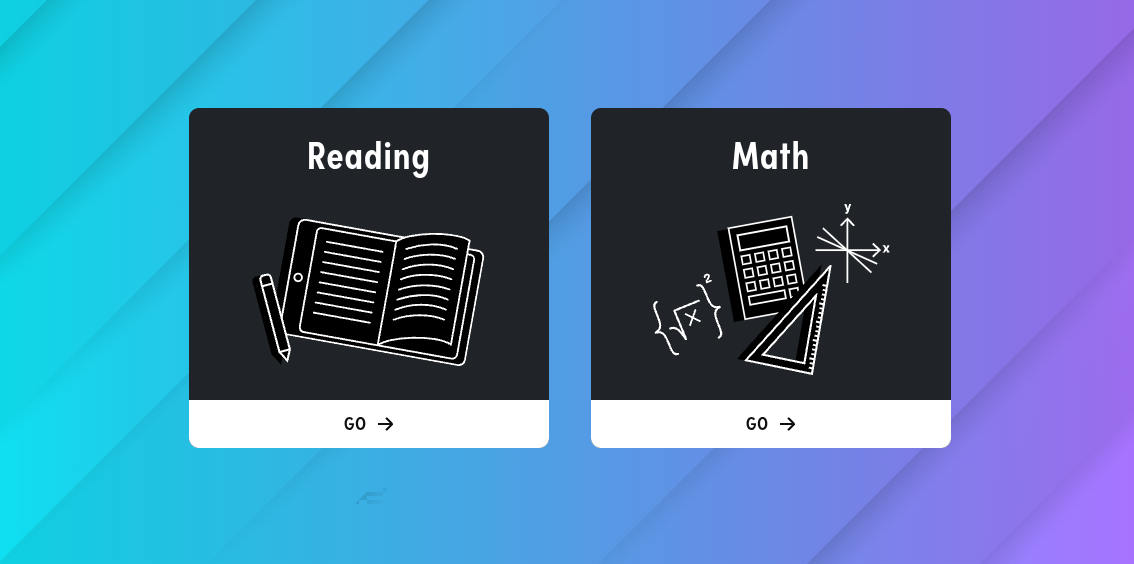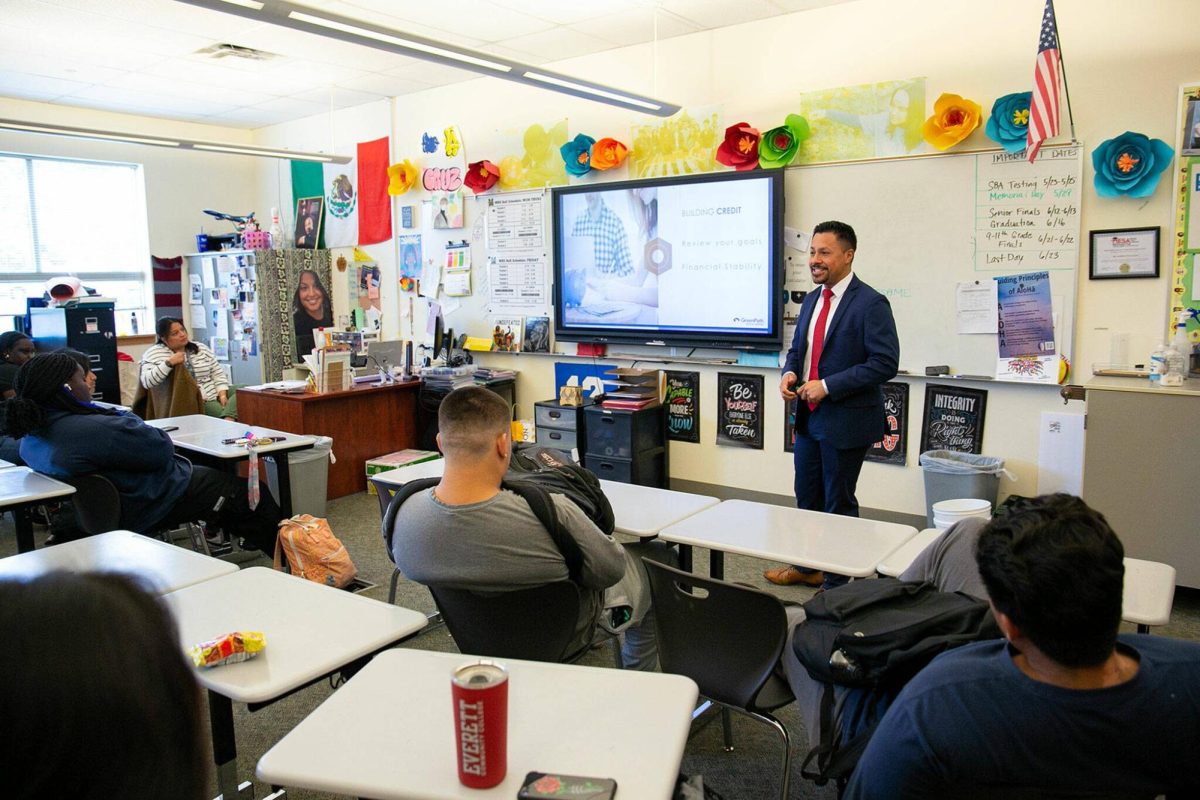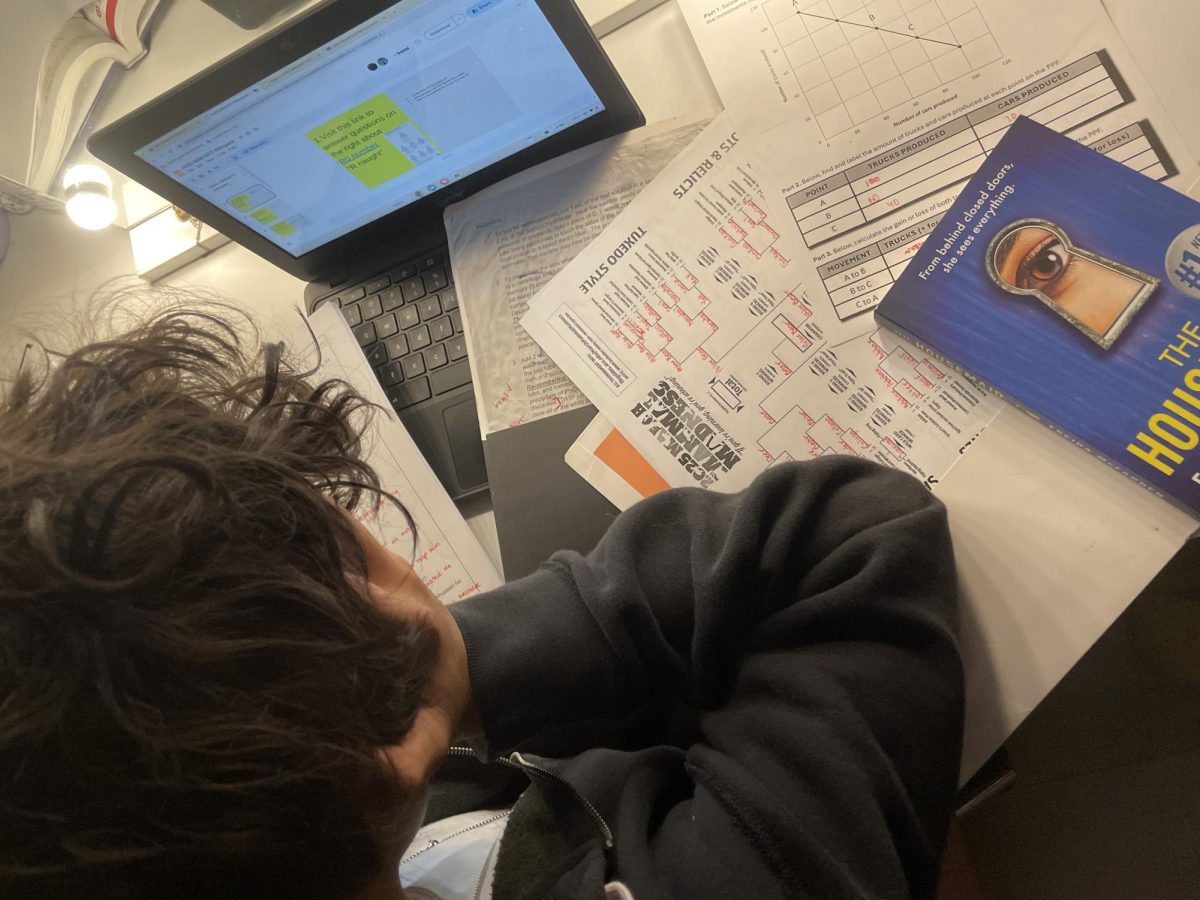In today’s world, financial stability is more important than ever, yet many students graduate high school without a basic understanding of personal finance. From managing credit cards to understanding taxes, young adults are expected to navigate complex financial decisions with little to no education on the subject. This gap in knowledge can lead to long-term financial struggles, which is why financial literacy should be a mandatory part of the high school curriculum.
Many students agree that their schools don’t prepare them for real-world financial responsibilities. “I know how to solve for ‘x’ in a math equation, but I have no idea how to file my taxes,” says Emily Rendon, a high school senior at JFK. “It’s frustrating because these are things we’ll actually need to know.”
Without financial education, young adults often fall into common pitfalls like excessive debt and poor budgeting. According to a 2023 survey by the National Financial Educators Council, 57% of Americans struggle with financial literacy, leading to costly mistakes such as overdraft fees and high-interest credit card debt. High school is the perfect time to teach students how to create budgets, save for emergencies, and make smart financial decisions.
“I wish we had a class on personal finance,” says Jason Mendoza, a junior at JFK. “Most of what I know about money comes from TikTok or my parents, but not everyone has that kind of support at home.”
Some schools have started offering financial literacy courses, but they are often electives rather than required subjects. Making these classes mandatory would ensure that every student—regardless of background—has access to crucial financial knowledge. Critics argue that students can learn about money on their own, but without formal education, many young adults enter the workforce unprepared. This class is going to be incorporated into many high schools in California, including Kennedy.
¨The financial literacy course at Kennedy will be a graduation requirement beginning during the 2027-2028 school year. For Kennedy and the state of California.¨Said Graham Good. The class does not have a set curriculum as of right now, it is still in the process of being formed, however the class will need to be taught by either a math teacher with a math teaching credential or a social studies teacher with an economics background, ¨ said Graham Good (social studies teacher).
The financial literacy course is becoming a state requirement, which is why it is becoming a course in the 2027-28 school year at Kennedy. Since it is still so far out, the official curriculum and standards have yet to be established by the state.
The personal financial literacy course will not be replacing a course; instead, it will be an option to replace taking economics in order to provide students the opportunity to learn about their personal finances as opposed to focusing on the economy only on a broader scale.
As students prepare for adulthood, they should be equipped with the knowledge to manage their finances effectively. Schools already teach essential life skills like reading and writing—why not add financial literacy to the list? Ensuring that students graduate with a solid understanding of money management could help create a generation that is more financially responsible and prepared for the future.
